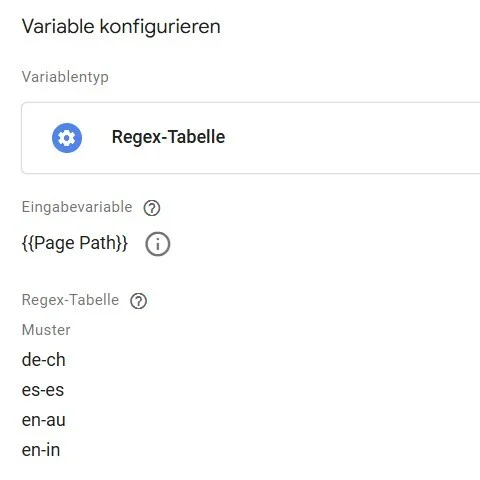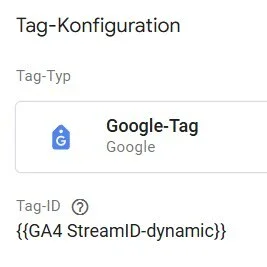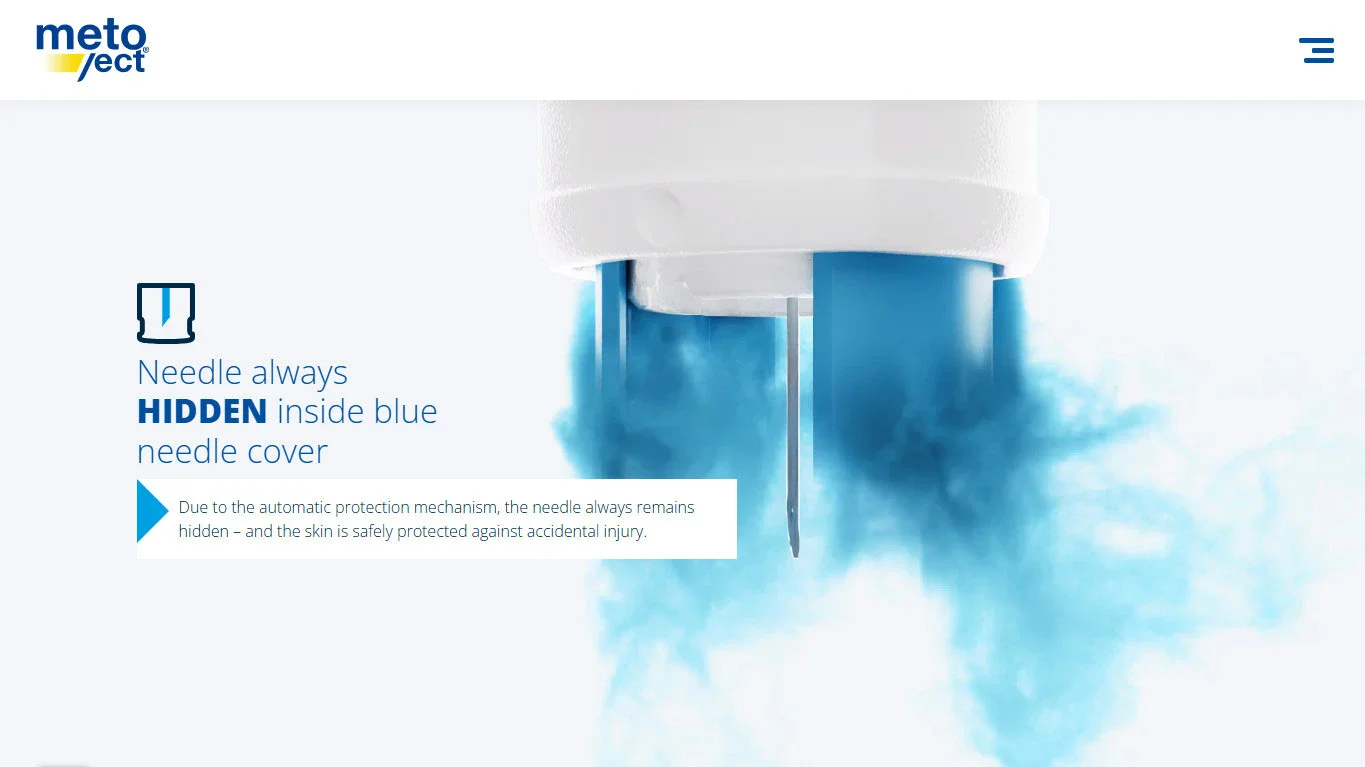Geistlich Pharma AG
Dynamic tracking of country and language variants
One Tag Manager left – For all Google Analytics properties


GA tracking from many country websites
Geistlich specializes in the regeneration of bone, cartilage, and tissue. Its regenerative medical products are designed to improve patients’ quality of life.
To streamline administration and technical implementation, Geistlich Pharma AG harmonized its domains, merging all individual country websites into a single, centralized Geistlich site structured by language versions.
As part of this consolidation, the existing tracking setup – previously managed via multiple individual Google Tag Managers – was also optimized.

With its extensive portfolio of websites, Geistlich faced the challenge of maintaining over twenty separate Google Tag Managers.
Initial Situation
Over time, Geistlich built a collection of individual country websites, each tracked separately using Google Tag Manager (GTM) and Google Analytics 4 (GA4). These websites operated under their own country-specific domains and had unique GTM containers.
This setup resulted in over 20 separate GTMs, each with a similar configuration.
However, this structure made global tracking updates extremely labor-intensive. For example, introducing a new form required implementing event tracking in each individual Tag Manager—a major time sink.
Only ONE Google Tag Manager

Solution
As part of the domain harmonization, Geistlich decided to move forward with just one centralized Tag Manager. This GTM now dynamically routes tracking data to the appropriate Google Analytics property based on the selected country/language version.
For example: A page visit to geistlich.com/de-de/ or geistlich.com/en-in/
will both invoke the same Tag Manager.
Inside the GTM, a regex-based rule dynamically maps traffic to the correct Google Analytics property depending on the URL structure.
Benefits
The biggest advantage of the new structure is the centralized maintenance of the Tag Manager. Global changes across all websites can now be managed in a single place.
At the same time, each country retains its own Google Analytics property with separate access permissions. Tags that apply globally can be deployed faster, while country-specific or language-specific tags can still be delivered individually as needed.






